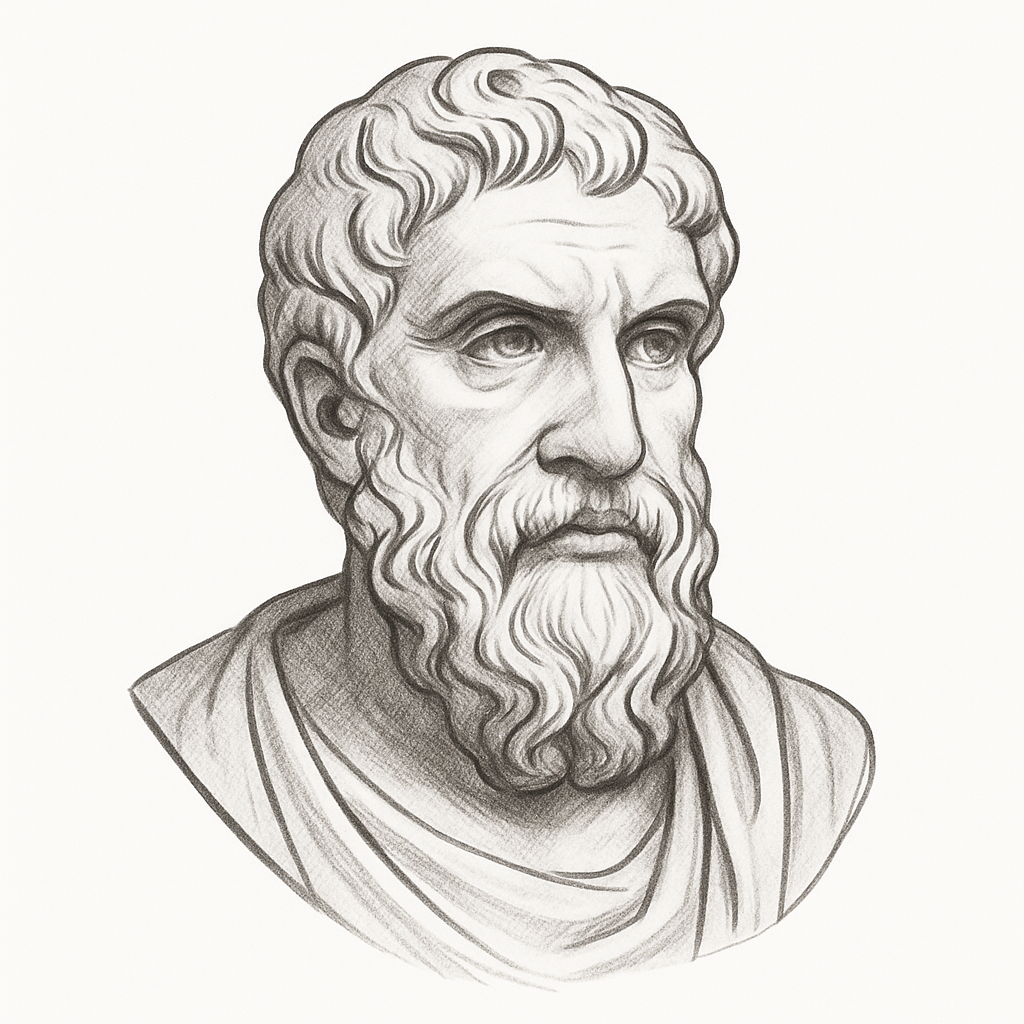How Stoicism Helps Us Overcome Fear, Anxiety and Uncertainty
In Stoic philosophy, fear is primarily understood as a consequence of misdirected judgments and desires concerning things that lie outside an individual's control. The Stoic approach emphasizes that tranquility is achieved by discerning what is within one's power and what is not, thereby framing fear as an impediment to a virtuous and rational life.
The Causes of Fear According to Stoic teachings, fear originates not from external events themselves, but from one's judgments and perceptions of them (Epictetus, The Discourses, Book 2, Chapter 1). This perspective highlights that "Things themselves touch not the soul, not in the least degree," suggesting that the emotional impact of an event is an internal construct, not an inherent quality of the event itself. Anxiety, a close kin to fear, is specifically attributed to "desiring things that are not within your control" (Epictetus, The Discourses, Book 2, Chapter 13). This means that when an individual places their well-being on outcomes or objects beyond their personal agency, such as material possessions or the actions of others, they inevitably open themselves to fear.
Furthermore, fear is often stimulated by perceived external threats, which are deemed to "only have power over things you should be indifferent to, such as your body and possessions" (Epictetus, The Discourses, Book 4, Chapter 7). This principle underscores the Stoic distinction between what is truly good or bad for the soul (virtue and vice, respectively) and what is merely preferred or dispreferred (health, wealth, pain, death). The fear of pain and death, for example, are identified as elements outside one's control that can become "the true masters of the fearful" (Epictetus, The Discourses, Book 1, Chapter 29). Seneca notes that "fear looks not to the effect, but to the cause of the effect" (Seneca, Moral Letters to Lucilius, Chapter 57), indicating that fear often anticipates potential harm rather than focusing on the present reality. Many anxieties, in fact, arise from "future events that may never occur," leading to suffering from problems that exist "only in your imagination" (Seneca, Moral Letters to Lucilius, Chapter 13).
Dealing with Fear The Stoic approach to dealing with fear centers on the consistent application of the principle of control, redirecting focus from external circumstances to internal responses.
- Mastering Internal Responses: To achieve freedom from fear, the Stoics advocate for wanting "only what is in your power, such as your own judgments and actions" (Epictetus, The Discourses, Book 2, Chapter 13). This involves using philosophy to "mastering your response to unavoidable events" (Seneca, Moral Letters to Lucilius, Chapter 37) and cultivating a "resilient inner state aligned with nature" (Epictetus, The Discourses, Book 3, Chapter 9).
- Confronting and Preparing: Rather than hoping for a feared outcome to be averted, Stoicism encourages mental preparation for it. This involves considering "how you can meet it with virtue, transforming it into an opportunity for honor" (Seneca, Moral Letters to Lucilius, Chapter 13). Philosophy is seen as "a preparation against events which may happen" (Epictetus, The Discourses, Book 3, Chapter 10). A practical method is to "investigate your fears directly to reveal their emptiness instead of blindly accepting them from others" (Seneca, Moral Letters to Lucilius, Chapter 110). Consistent practice of "confronting your fears" is necessary to "harden your soul against them" (Seneca, Moral Letters to Lucilius, Chapter 82).
- Cultivating Virtue: True fearlessness stems from recognizing that "external events are not evil; the only true evil is surrendering your virtue to them" (Seneca, Moral Letters to Lucilius, Chapter 85). By cultivating a moderate lifestyle and a forgiving nature, one can also ensure that others do not fear them, which Seneca implies is a component of living without fear oneself (Seneca, Moral Letters to Lucilius, Chapter 105). As a foundational principle, "We ought therefore to train ourselves so that we may avoid a fear of the one or a desire for the other" (Seneca, Moral Letters to Lucilius, Chapter 123).
In essence, Stoicism teaches that fear is an internal phenomenon, generated by our evaluations of external occurrences rather than the occurrences themselves. The path to overcoming fear lies in rigorous self-discipline, specifically in understanding and adhering to the dichotomy of control, focusing on one's own judgments and actions, and cultivating virtue in the face of all external events.
Key Passages
So true it is that fear looks not to the effect, but to the cause of the effect.— Moral Letters to Lucilius by Seneca
We ought therefore to train ourselves so that we may avoid a fear of the one or a desire for the other.— Moral Letters to Lucilius by Seneca
But what is philosophizing? Is it not a preparation against events which may happen?— The Discourses by Epictetus
Disclaimer: Article generated using Memento Vivere AI tool, and is grounded solely in the works of Epictetus, Seneca and Marcus Aurelius. For informational purposes only. Not a substitute for professional advice.
